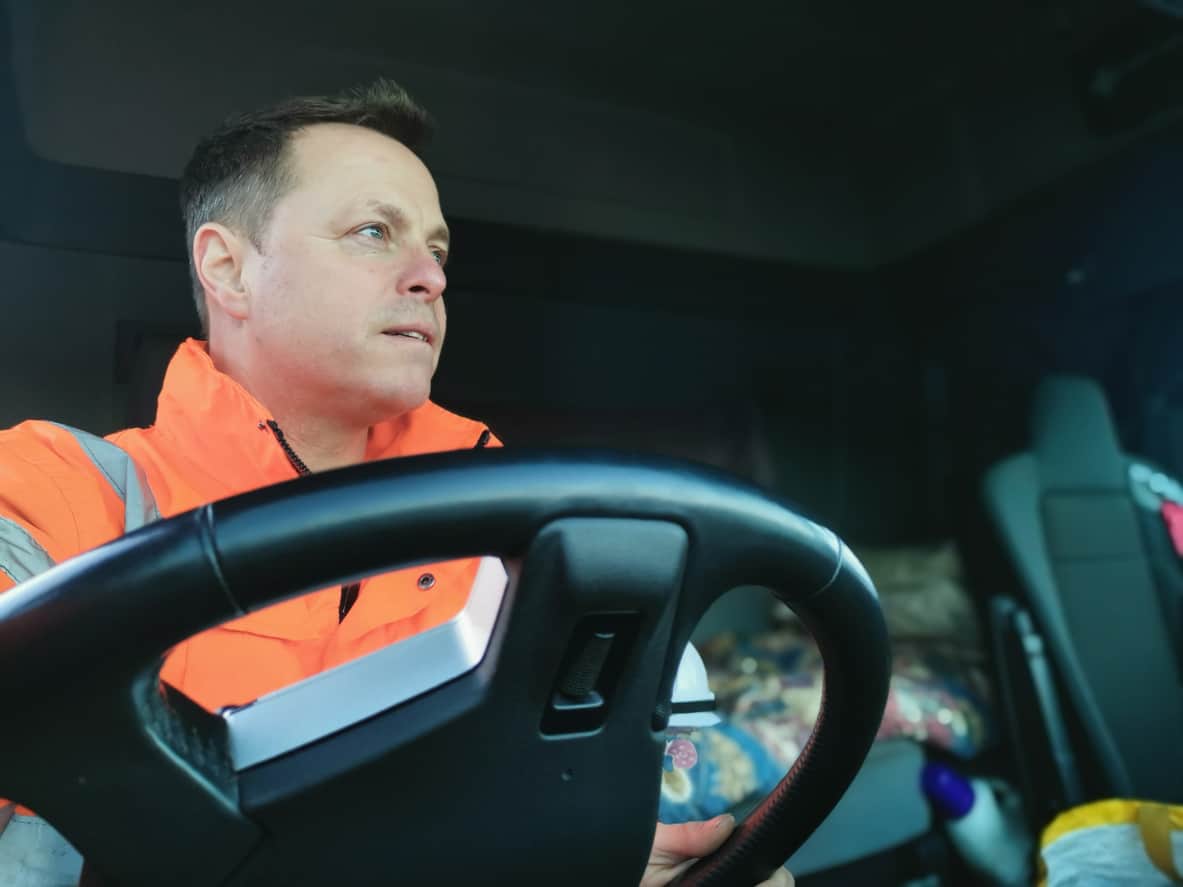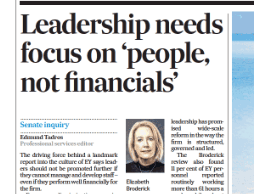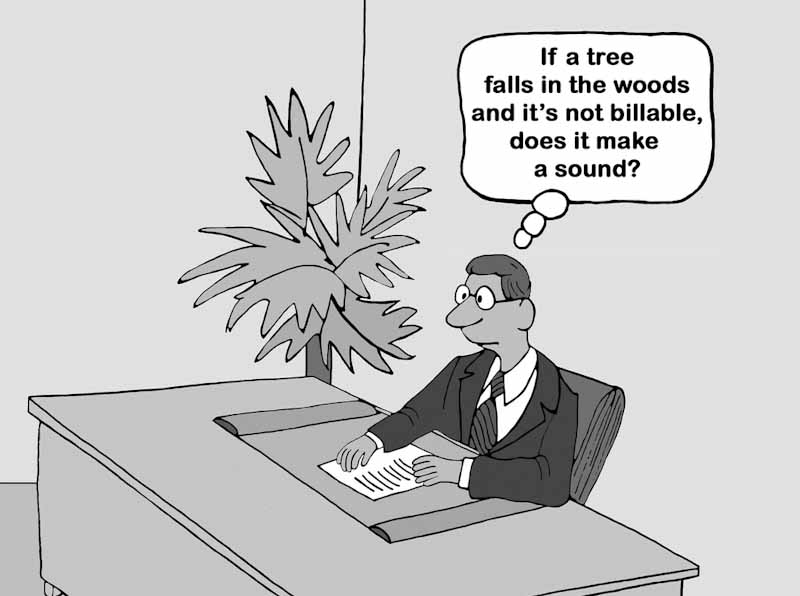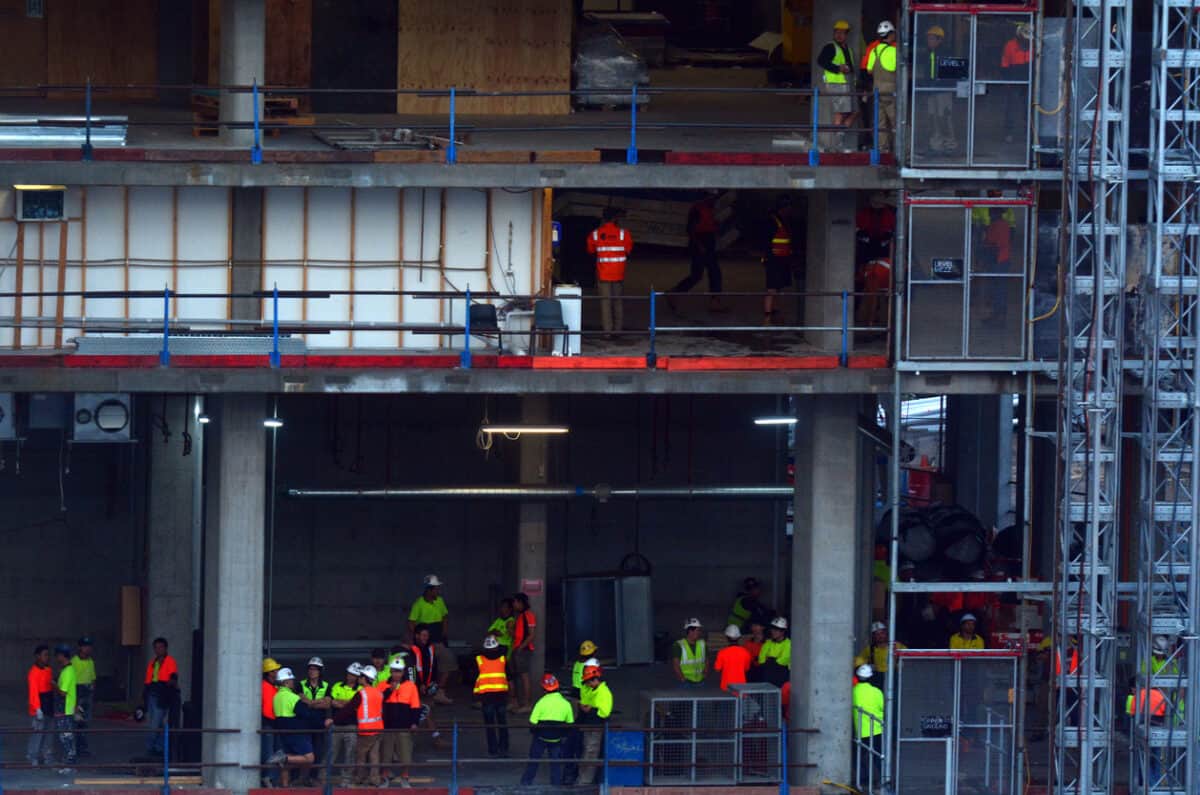Every occupational health and safety (OHS) conference over the last twenty years seems to have revolved around the twin concepts of culture and leadership. The fascination with these concepts deserves analysis as they are confusing, and sometimes conflicting, and this is unhelpful for those in the lower or middle order of the management structures who are trying to affect change.
Category: Leadership
Work From Home conflict between corporate desire and worker reality
The working-from-home (WFH) debate continues in business newspapers with tension about what the employer and worker want. The Australian Financial Review (AFR) has its regular voices from business groups saying that it is damaging productivity for workers to be away from the offices as much as they are, but also reporting the lived experience of working from home with workers identifying positive social and familial benefits.
On November 25, 2023, the newspaper confirmed that Amazon Australia is using career progression as a nudge for workers to come to the offices more frequently.
A transport court case relevant to all managers and employers
In November 2023, Australia’s National Heavy Vehicle Regulator released a “case learning” about a successful prosecution and sentence that the NHVR described as
“One of the most serious examples of a breach under the HVNL [Heavy Vehicle National Laws]”
The seriousness of the breach is perhaps reflected in the fine of A$2.3 million.
It is a significant case and a prosecution with lessons for managers and employers well outside the transport sector. In fact, the NHVR’s “Key takeaways for executives” could form the basis of a solid and productive business management system.
Cultural and operational shortcomings in white-collar work
Long working hours and the billable hours structure received some attention in the prominent business newspaper. the Australian Financial Review, on November 11,2023. Unsurprisingly the article, by Edmund Tadros, about former Sex Discrimination Commissioner, Elizabeth Broderick has garnered attention in the business social media. The article reinforces the unsafe nature of the dominant management practices in white-collar workplaces.
Billable hours are unsafe
Late last week, it was announced that prominent lawyer Michael Tooma was leaving Clyde & Co for a position with Hamilton Locke, focussing on environment, social, and governance matters. This is interesting in one way, as lawyers move firms regularly, but his comments about the social harm from law firms’ reliance on billable hours was more interesting.
Industrial Manslaughter distracts from what really works
South Australia’s Industrial Manslaughter Bill is being negotiated in its Parliament. New South Wales’ version is in development, and Tasmania has said it does not want to be left out, so the government has flagged its intention to have Industrial Manslaughter (IM) laws. Each politician stresses the importance of these laws to deter employers from doing the wrong thing and causing the death of a worker. However, there are serious concerns about the intended deterrent effect when other occupational health and safety (OHS) measures have been shown to be more effective.
Engineered stone reveals the reality behind OHS decisions
Caesarstone Asia Pacific managing director David Cullen told the Australian Financial Review (AFR – paywalled) on October 27, 2023, that:
“A full ban on the use of engineered stone would double the cost of benchtops..”
So? That seems to be enough of a reason to continue to allow the use of a product that is causing a large number of preventable deaths in Australia and elsewhere??!!
A stronger argument may be that the occupational health and safety (OHS) management of the cutting of engineered stone has failed.






